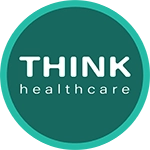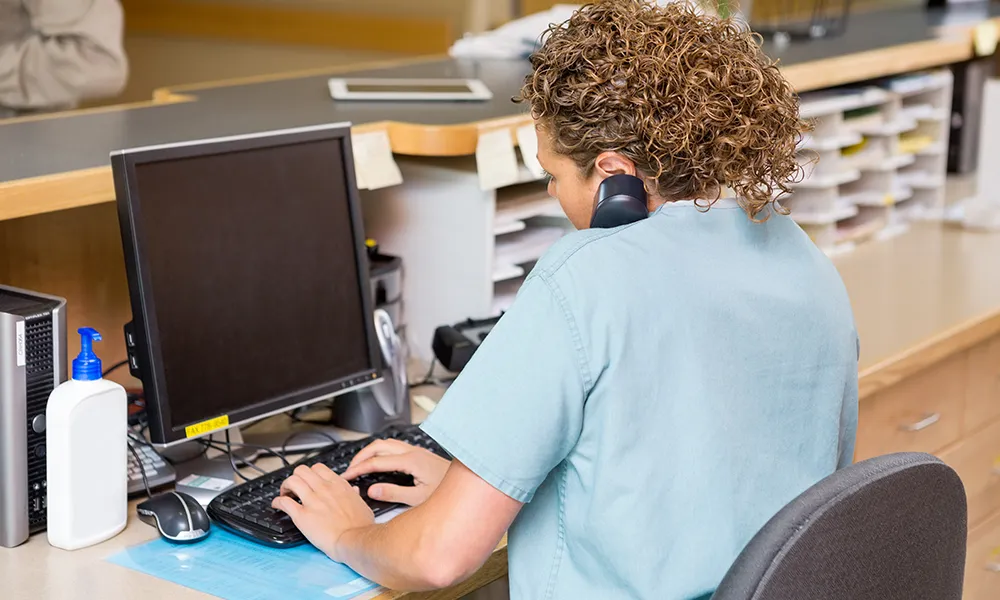The challenge of connecting doctors and patients
When a patient calls their surgery, it is not uncommon for them to either be met by the busy tone or to join a long queue. When patients do eventually get through, there may not be any appointments available for several weeks or they will not get to see their own GP.
Equally patients are being encouraged to use websites or apps to book appointments or to request repeat prescriptions, which has created a rather impersonal experience. All of this means patient access to GP services has become challenging. House of Common’s Health Committee member Rachael Maskell recently likened the experience to being “as random as booking an Uber.”
How can healthcare communications technology improve patient access?
If a patient cannot even get hold of their GP surgery, then their access will be compromised. This is where cloud telephony healthcare solutions are being used to ease the patient contact journey, starting with call capacity.
Improved call capacity
Older on-premise phone systems that reply on PSTN lines do not have enough capacity to cope with multiple incoming concurrent calls, which means some patients may hear the busy tone when they call in. Meanwhile, doctors or other healthcare staff that are trying to call out will also be thwarted. Cloud-based phone systems offer a line per user so call capacity is immediately boosted and patient access is quickly enhanced.
Fair call routing and queuing
Cloud-based general practice phone systems also support call routing whereby every call is answered by an automated attendant before being offered signposting options to direct their query. This means patients are put through to the right person rather than waiting in a queue to then be transferred by a receptionist. When patients still have to wait to talk to a receptionist, they are fairly queued and hear regular comfort messages until an agent becomes available.
Link multiple surgeries
Many GP surgeries are no longer single entities; they are often part of a group, cluster or PCN. This means surgery staff are no longer working from a single location, often travelling to multiple sites to cover staff shortages. A cloud-hosted phone system links multiple sites together with a single solution meaning calls between branches are toll-free and calls can overflow to available staff at other surgeries.
Remote working
Staff can access a cloud-based phone system at any time and from anywhere, as long as they have an internet connection. They can use a handset at home or use a softphone on their PC or mobile device and enjoy all the same features as if they were in the surgery.
How can Think Healthcare’s solution improve patient access?
In addition to the above benefits of a cloud-based solution, Think Healthcare is also utilising contact centre technology and clinical systems to create an integrated solution that is aimed at improving patient access and achieving QOF goals, including:
Call-back service
Patients can choose to be automatically called by reception when they would have reached the front of the queue, thus leaving them free to get on with other more productive tasks or to rest if they are feeling unwell.
Priority call routing
Our VIP call routing service is for more vulnerable patients, such as those undergoing palliative care, or elderly patients, or those with complex needs. They can be given priority in the queue and be put straight through to a receptionist to ensure they receive the attention they need.
Clinical system integration
Staff can view records as patients call in for quick identification to speed up the call handling process. They will also be prompted to capture an unknown number. For outgoing calls, triage staff can click to call from patient records.
Management and reporting
Call history statistics are available to help manage staffing levels and to produce the evidence managers need to prove the surgery is meeting QOF performance measures for patient access.
Practice managers benefit from a quick view of the telephone status of their staff while live statistics can be displayed on wallboards so everyone can see the status of call queues and any dropped calls, but can also see how many they have answered and the duration of their calls.
Why choose Think Healthcare?
Think Healthcare is an award-winning contact management solution that has been developed by NHS specialists to help practice managers, receptionists and clinical staff achieve critical goals while improving patient access.
Our aim is to drive down call queues, minimise complaints and improve capacity for incoming and outgoing calls while enhancing staff efficiency through clinical system integration.

